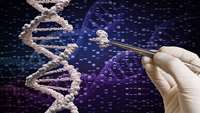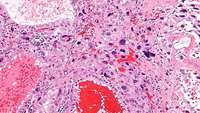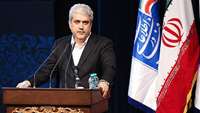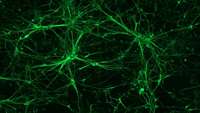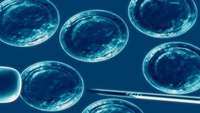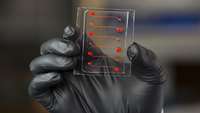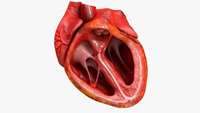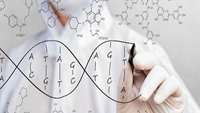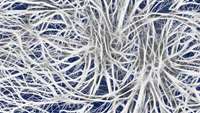New CRISPR Strategy Corrects Wider Range of Mutations Responsible for DMD
A new approach to CRISPR-Cas9 gene-editing technology, called myoediting, successfully restored dystrophin production and contraction force in heart muscle cells of Duchenne muscular dystrophy (DMD) patients.
Scientists culture human placenta stem cells for first time
In a milestone achievement for better understanding the development and function of the human placenta, scientists have derived and grown trophoblast stem cells for the first time.
Empowering of women in the knowledge-based economy will be flourished by creating the ecosystem of entrepreneurship
According to the public relations and information center of the Vice-Presidency for science and technology affairs, Sorena Sattari, the vice president for science and technology affairs, regarded the formation of an innovation and entrepreneurship ecosystem as the most important necessity to apply the talents of women in the knowledge-based economy during the conference of “role of information and communication technology in empowerment of women”, which was held in the presence of Mohammad Javad Azari Jahromi, minister of information and communication technology and Masoumeh Ebtekar.
Gene editing staves off deafness in mice
enome editing has been used to reduce hearing loss in ‘Beethoven’ mice, which carry a mutation that causes deafness in both mice and humans.
Researchers Use Human Neural Stem Cell Grafts to Repair Spinal Cord Injuries in Monkeys
Led by researchers at University of California San Diego School of Medicine, a diverse team of neuroscientists and surgeons successfully grafted human neural progenitor cells into rhesus monkeys with spinal cord injuries.
CRISPR to make IPS cells
Since 2006-2007 when mouse and human reprogramming were first reported, many different methods have been explored to make induced pluripotent stem (IPS) cells. Along the way we’ve all learned quite a lot about how pluripotency is regulated, whether it is in the context of maintenance or induction of this unique stem cell state.
Blood vessel-on-a-chips show anti-cancer drug effects in human cells
Researchers at the Institute of Industrial Science (IIS), the University of Tokyo, CNRS and INSERM, report a new organ-on-a-chip technology for the study of blood vessel formation and drugs targeting this event.
Human Embryonic Stem Cells for Ischemic LV Dysfunction
Is it feasible and safe to transplant cardiovascular progenitors derived from human embryonic stem cells (hESCs) to previously infarcted myocardium during coronary artery bypass grafting (CABG)?
A modified version of the CRISPR-Cas9 allows highly accurate gene editing
The scientific group from the Osaka University has developed the innovative method SNGD that can provide accurate editing of defective genes with less probability of error. CRISPR-Cas9 is the technology of genome editing, which is supposed to be used in the gene therapy of various hereditary diseases and cancer.
A new gene therapy transplantation technique could improve treatment of neurodegenerative diseases
Immune cells defending the central nervous system (the so-called microglia) have a key role in many neurodegenerative diseases.


